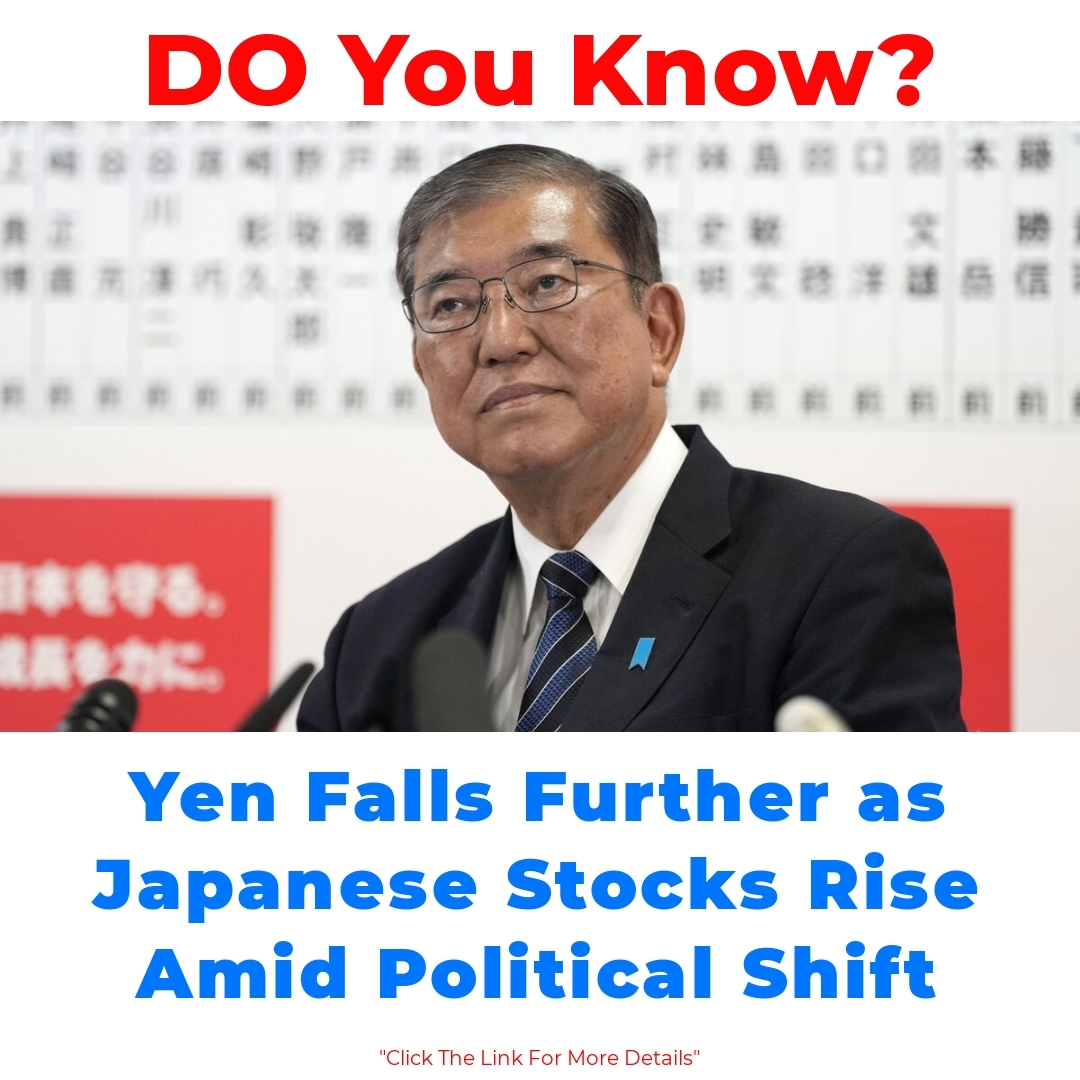The economic landscape in Japan is currently shaped by significant political changes, particularly the recent decline of the Liberal Democratic Party’s majority. Understanding the dynamics of the Japanese yen against other currencies is essential, as these political shifts directly influence market indicators such as Japanese stocks and investor confidence.

The recent political shifts in Japan have created ripples across various economic indicators, especially the Japanese yen and Japanese stocks. With the Liberal Democratic Party (LDP) losing its majority, it’s essential to delve deeper into what this means for investors and the overall economic landscape.
The LDP’s recent loss of majority signals a notable change in Japan’s political scene. Historically, the LDP has been a dominant force, shaping governmental policy and economic direction. This shift can influence not just the government’s stability but also how investors view the market’s future. Moreover, the coalition partner of the LDP plays a crucial role in determining how smoothly the government can function moving forward.
When we talk about the implications of the Liberal Democratic Party losing its majority, investor confidence becomes a focal point. Investors often seek stability, and uncertainty from political shifts can lead to caution in the markets. This reluctance can translate into a fluctuation in stock prices and overall market performance. Furthermore, any changes in fiscal policy, which may arise from this political environment, could further impact investor sentiment and spending power.
Public sentiment regarding the political changes can also influence market performance. If the populace feels uneasy about these developments, it could lead to decreased spending and investment, which could in turn reflect negatively on both the Japanese yen and Japanese stocks. This relationship underscores the interconnectedness of political dynamics and economic performance.
Next, let’s take a closer look at how fluctuations in the Japanese yen have a direct impact on the performance of Japanese stocks. When the Japanese yen weakens against other currencies, it can boost the profits of export-oriented companies. A weaker yen makes Japanese goods cheaper for foreign buyers, potentially increasing sales and boosting company earnings. On the flip side, a stronger yen may pressure these companies, potentially leading to lower revenues and stock valuations.
Recent trends in currency fluctuations have shown a correlation with stock market movements in Japan. For instance, if the yen depreciates significantly, we might see a rise in indexes like the Nikkei 225, as investors will anticipate higher export profits. However, sustained depreciation could raise concerns about long-term economic health, leading to mixed reactions in the stock market.
Now, let’s discuss the reaction of Japanese investors to these political changes. After significant announcements, trading volumes can shift dramatically. For example, an unexpected electoral outcome can spark immediate buying or selling. Investors often adjust their strategies based on perceived risks and opportunities stemming from the new political landscape. This reaction can significantly influence the dynamics of Japanese stocks in the short term.
As we look into the future, what’s next for Japanese stocks and the Japanese yen? Analysts are cautiously optimistic but underline the importance of monitoring ongoing political developments. If the new coalition can maintain stability and present a clear fiscal strategy, we could see recovery and stabilization in both the Japanese yen and Japanese stocks. Global economic trends, such as shifts in trade relations and inflation rates, will also weigh heavily on these dynamics.
In conclusion, the relationships between political events, the Japanese yen, and Japanese stocks are complex yet critical for investors. Continuous monitoring of political changes is essential, as these factors can affect market performance and investor confidence. Staying informed about both domestic and international economic factors will empower investors to make better decisions in an ever-evolving landscape.
What are your thoughts on the current economic conditions in Japan? It’s vital to stay updated on political events and understand their potential impact on the markets. Join the conversation! Share your insights and let’s navigate this dynamic environment together.
Frequently Asked Questions
What does the recent loss of majority by the LDP mean for investors?
The loss of majority by the Liberal Democratic Party may lead to increased market uncertainty. Investors typically prefer stability, and any political shifts can impact their confidence, which may result in fluctuations in stock prices.
How does public sentiment influence the economy in light of political changes?
If the public feels uneasy about the current political situation, it could lead to reduced spending and investment. This sentiment can negatively affect both the Japanese yen and Japanese stocks.
What impact does the Japanese yen have on Japanese stocks?
A weaker yen can benefit export-oriented companies by making their goods cheaper for foreign buyers, potentially increasing sales and profits. Conversely, a stronger yen may pressure these companies and lower revenues.
Are currency fluctuations connected to stock market trends in Japan?
Yes, there’s a correlation. For example, if the yen depreciates significantly, it may lead to a rise in stock indexes like the Nikkei 225 due to anticipated higher export profits. However, sustained depreciation could raise concerns about the nation’s economic stability.
How do Japanese investors react to political announcements?
Political announcements can cause dramatic shifts in trading volumes. Investors may quickly buy or sell stocks based on perceived risks and opportunities stemming from the new political landscape.
What should we expect for the future of Japanese stocks and the yen?
Analysts are cautiously optimistic. If the new coalition maintains stability and presents a clear fiscal strategy, we could see recovery in the yen and Japanese stocks. Global economic trends will also play a significant role in these dynamics.
Why is it important to monitor political changes in Japan?
Political events can significantly affect market performance and investor confidence. Keeping an eye on both domestic and international factors will help investors make informed decisions in this ever-changing landscape.





